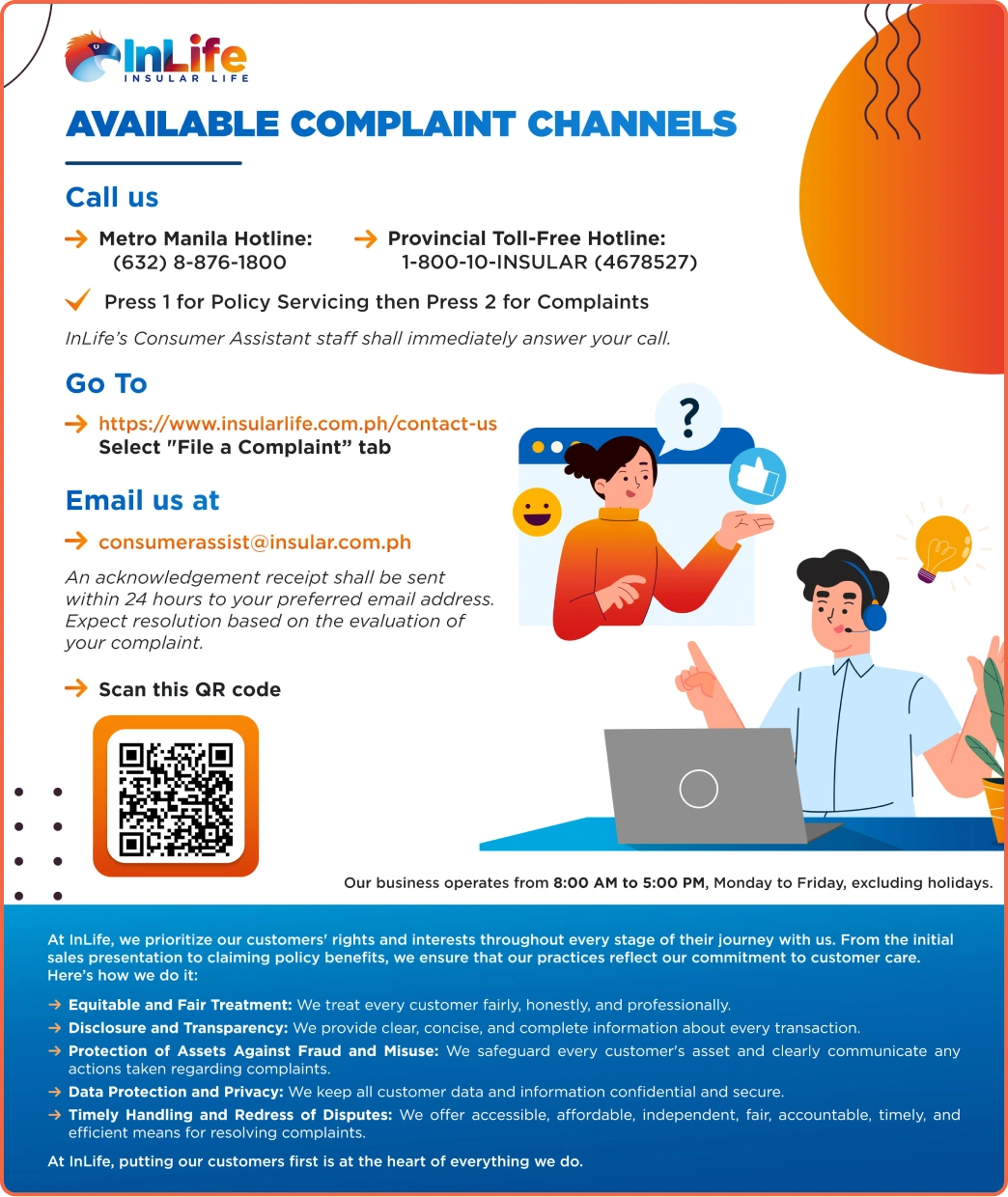How to Handle Financial Stress

Let’s face it–times are tough right now. Sometimes, despite our best efforts at planning, financial strain and stress seem to be a part of everyday life now. Sadly, financial stress can take a toll on your well-being, impacting your sleep, relationships, and work performance.
No one wants to be in a mountain of debt, so let’s look at some practical financial planning tips for handling financial stress in 2024.
What is Financial Stress?
Financial stress refers to the anxiety and worry that comes with financial difficulties. It can be caused by a variety of factors, such as overspending, unexpected expenses, or debt. This added pressure can lead to feelings of being overwhelmed and strain on one's finances.
12 Tips on How to Handle Financial Stress
1. Create a Budget
Sit down and create a budget. Determine how much you can afford to spend on entertainment, food, and other expenses, and stick to it. Remember, overspending now will only lead to stress and regret later.
2. Start Saving Early
If you haven’t started saving yet, don’t panic. Start setting aside a little bit of money each week or each paycheck, and it will add up over time. Consider setting up a separate savings account just for your daily expenses.
3. Use Cash
Using cash can help you stay within your budget and avoid overspending on credit cards. Consider using cash or a debit card for your everyday expenses and leave your credit cards at home.
4. Shop Smart
Plan and look for deals and discounts before doing your shopping. Consider shopping online to save time and money and avoid crowds.
5. Plan Affordable Activities
Meeting up with friends or going for after-work drinks regularly can burn quite a hole in your pocket. Consider hosting a potluck or scheduling a low-cost activity, like listening to buskers in BGC or taking a walk around a local park.
6. Avoid Comparison
It’s easy to get caught up in the social media highlight reel but remember that everyone’s financial situation is unique. Don’t compare yourself to others—focus instead on what’s important to you.
7. Be Practical
Don’t feel pressured to live extravagantly or overspend on unnecessary things. Stick to practical, meaningful purchases such as family protection insurance, life and health insurance, or a life insurance with investment plan.
8. Take Care of Yourself
Managing financial stress takes a toll on both your physical and mental health. Make sure to take care of yourself by getting enough sleep, exercise, and healthy food when you’re feeling overwhelmed.







